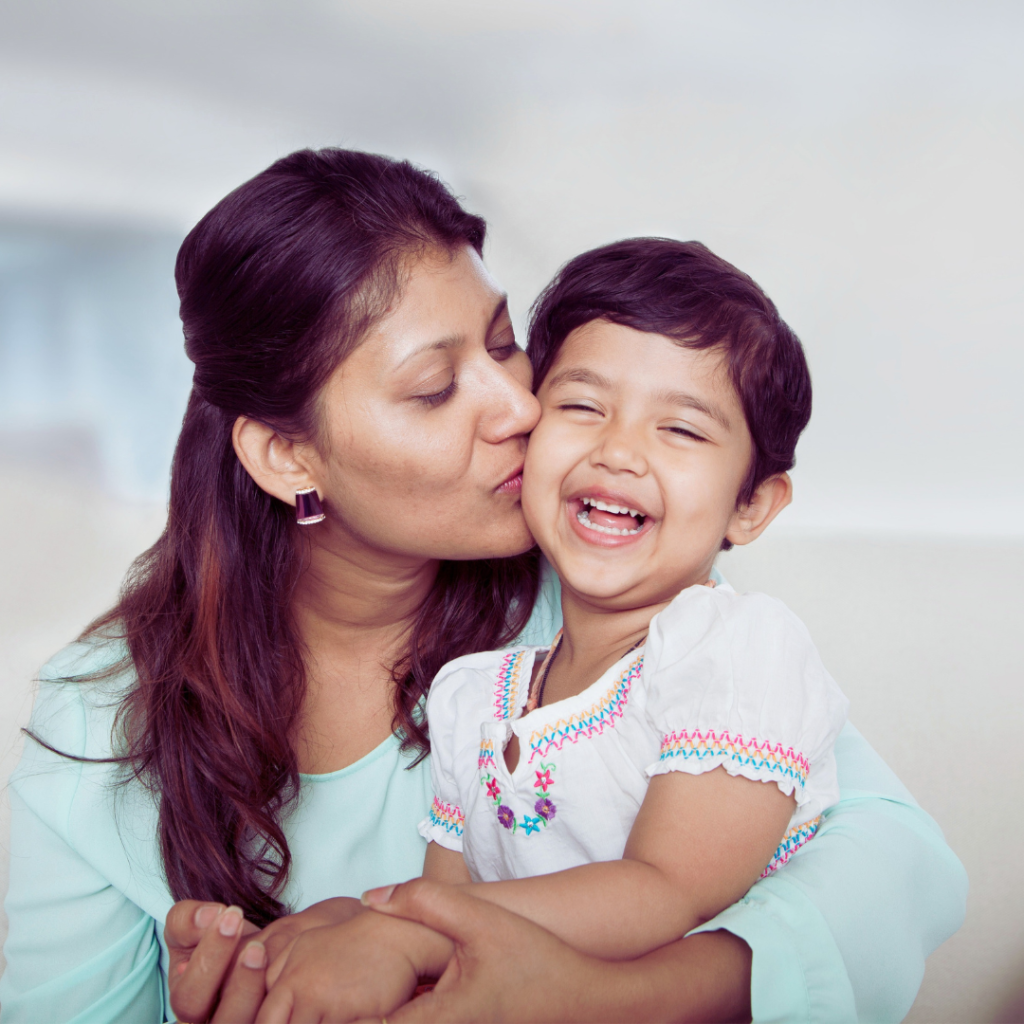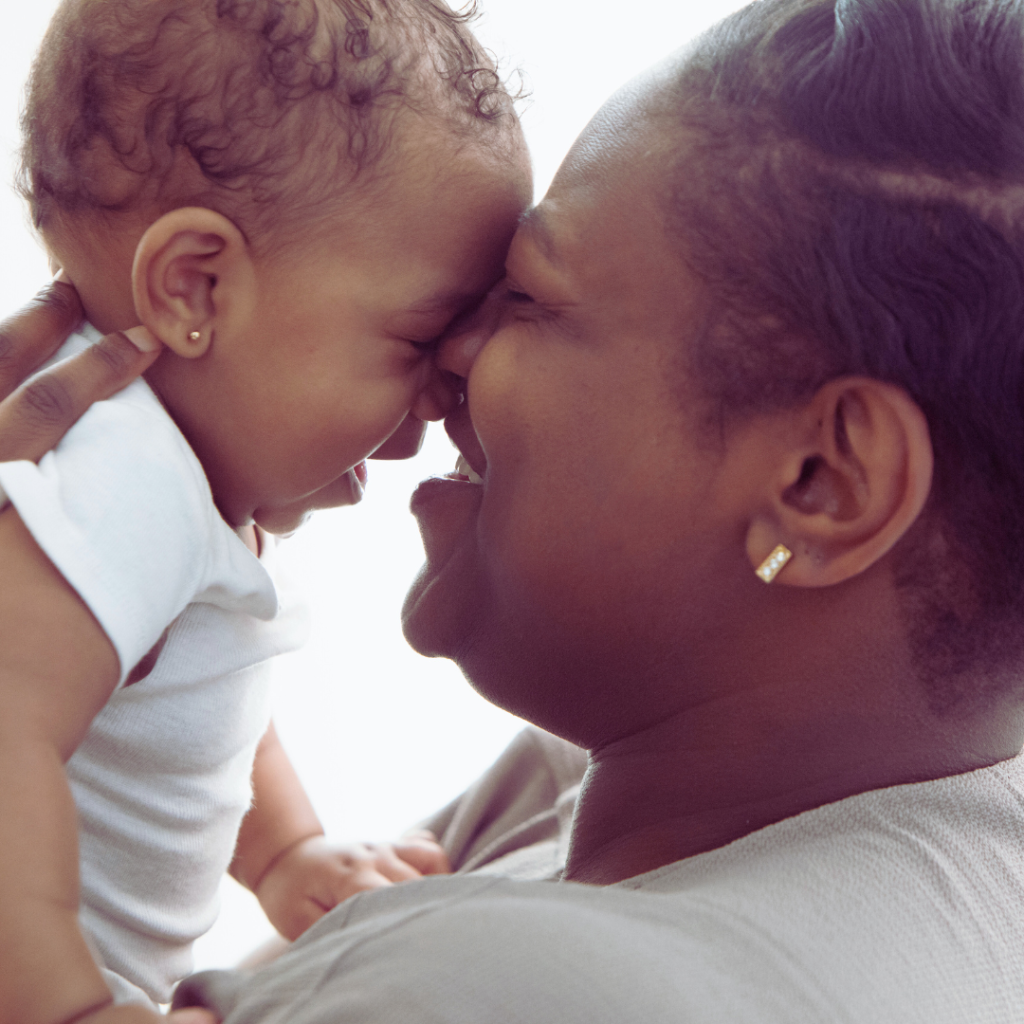
If you’ve ever blown up at your partner over something you later realize is a pretty small deal, you might wonder: is postpartum rage a thing? We’ve all heard of postpartum depression, and many of us have even wondered if we have it, but surely anger is a wildly different emotion from sadness, right?
Well, yes and no. Anger and sadness are different emotions, of course, but they can both be symptoms of the same condition – various conditions, actually, including depression. In this article, we’ll discuss symptoms of postpartum rage, reasons that it happens, and postpartum rage treatment options. Let’s get into it!

Get support for postpartum rage
✓ 1-on-1 weekly sessions
✓ Perinatal mental health coaches
✓ Just $39 per session
What is postpartum rage?
Postpartum rage is defined as extreme or unexpected anger during the postpartum period, usually as a result of a wider mood disorder. Around 22% of women experience emotional issues after they give birth, including postpartum depression, postpartum anxiety, and even postpartum psychosis (in rare cases).
Postpartum rage might feel like a sudden, uncontrollable wave of anger that comes out of nowhere, or it might feel like a constant hum of irritation at everything and everyone around you. It might be focused on one person (or, in many cases, a usually-beloved pet) or it might be directed at the world in general.
Symptoms of postpartum rage include increased yelling or swearing, a lack of control over your temper, and obsessing over things that make you angry. If you’ve found yourself struggling to stay calm when disagreeing with your partner, shouting at another person or an animal, or even fighting to contain your anger with your baby, you might be experiencing postpartum rage.
Why is this happening?
Look, the most important thing for you to know is that this isn’t your fault. The postpartum period is extremely challenging, and everyone responds to the changes in hormones and circumstances differently. So many of us go through emotional shifts that feel unfamiliar at best and scary at worst, but what’s not going to help is shaming yourself over something you don’t control: your feelings.
While we don’t know exactly what causes postpartum mood disorders, we do know that they’re not linked with the choices we make – it’s likely down to a combination of hormones and other physical and emotional factors.

You’re not alone
The fourth trimester is already isolating enough without worrying that everyone around you thinks you’re a monster, but you’re not the only one going through this. For some of us, the stress, despair, or depression we’re experiencing is simply more likely to show up as fury than sadness.
As women, we’re socialized to suppress our anger – sadness is often a more acceptable emotion to express, and many women feel ashamed of their anger – so it’s no surprise that we don’t hear much about postpartum rage. But that doesn’t mean it’s not common. In fact, it’s so common that a study from the University of British Columbia recommended that doctors screen for rage alongside postpartum depression and anxiety.
What are the best postpartum rage treatments?
Postpartum rage is a bit different from something like postpartum depression. Because it’s not an official diagnosis in the DSM (the manual that doctors use to diagnose mental health conditions), you wouldn’t really talk about postpartum rage treatment.
That said, the best thing to do for postpartum rage is to work with a mental health professional who practices cognitive behavioral therapy (CBT), which is extremely effective for managing strong emotions like rage. Because CBT focuses on increasing emotional control, it can work for a variety of emotions including rage, anxiety, and depression.
Medications used for postpartum depression and anxiety may or may not help with rage – most of what we know about these medications is their impact on anxiety and depression symptoms. We know very little about whether they work as a postpartum rage treatment.
So at Prospera, we recommend starting by learning and trying coping skills that we know work well for managing anger.

Get coping tools for postpartum rage
✓ Perinatal mental health coaches
✓ 1-on-1 weekly sessions
✓ Just $39 per session
If you want to try to tackle your rage on your own, here are some steps that you can take
- Identify your triggers. Think about the most recent times you’ve been angry – what events led up to the emotion? Look for and make note of any common patterns, so you can try to redirect the situation next time before the rage hits.
- Pinpoint warning signs. Right before you get angry, what happens in your body? Do any specific thoughts or images usually come to your mind? Make a note of these, so you’ll recognize when you’re about to lose control.
- Intervene before you act. Next time you notice your anger boiling up, intervene before you explode. Put your child somewhere safe and leave the room, ask your partner to take over, or close your eyes, take a breath, and count from 1 to 10 and back to 1 again. Whatever you can do to regain your composure, do it – with help if you need it.
These are the kinds of strategies we use at Prospera. If this sounds interesting, book a free phone consult with us to learn more about our program.
Prospera: Mental Health For Moms




★ ★ ★ ★ ★
5.0 from 40+ ratings
Content reviewed by Dr. Andrea Niles, Clinical Psychologist
Anne Godenham is a writer and editor with a passion for mental health awareness and accessibility


